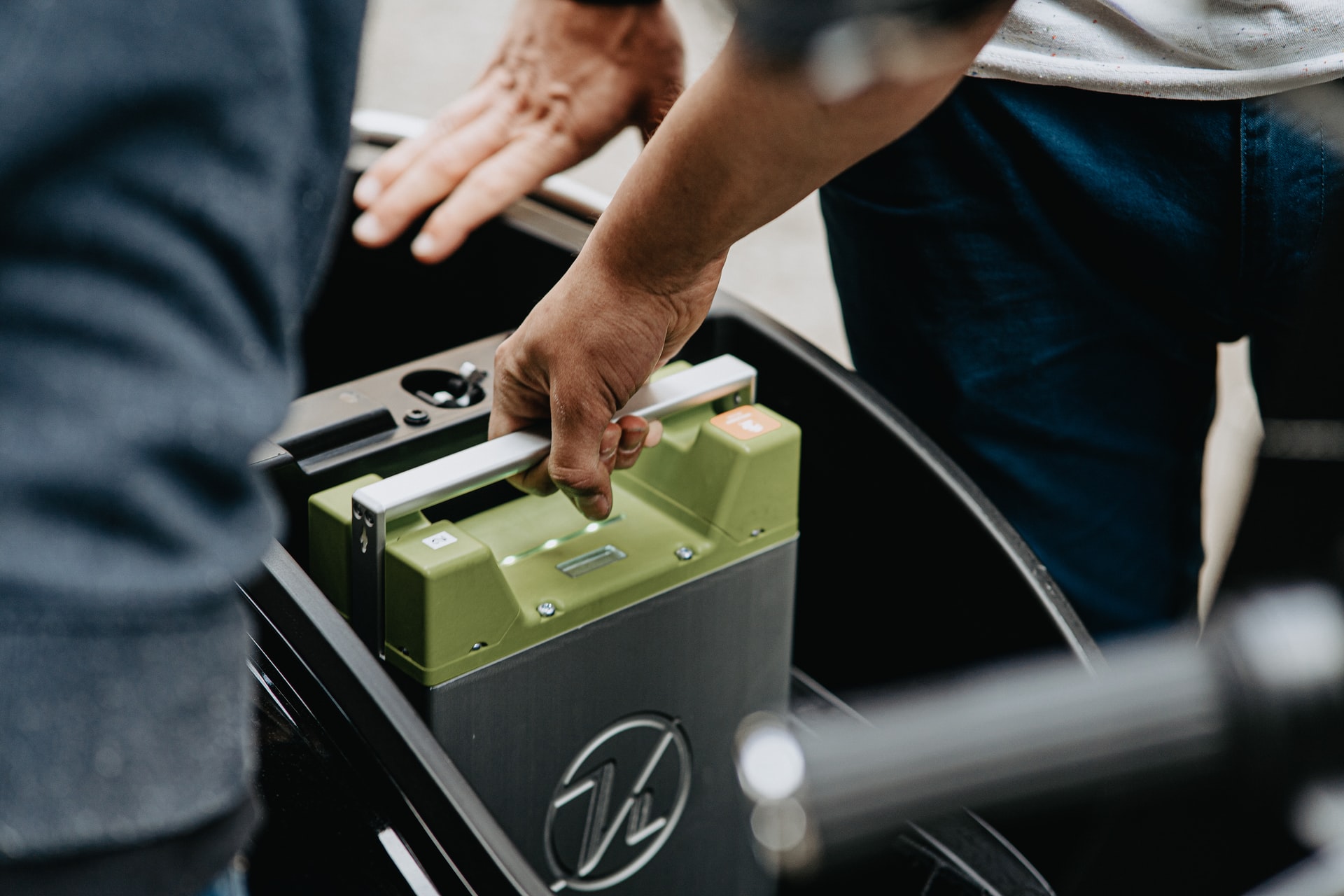Lithium batteries have lithium metal or lithium compounds in their electrodes. These batteries are lightweight, have a high energy density, and can provide a high voltage. They also have a low self-discharge rate, meaning they retain their charge better than other types of batteries. These batteries can be in many devices, including cell phones, laptops, and digital cameras.
Capacity
Capacity is among the most important things to consider when buying a new battery. This is measured in milliamp-hours (mAh), and it refers to how much charge the battery can hold. As a general rule, the higher the capacity, the longer the battery will last. It is also important to consider the discharge rate when comparing batteries of different capacities.
Discharge rate
The discharge rate is also an important factor when choosing a battery. Measured in mill amperes (mA), the discharge rate determines how much current a battery can provide. For example, a camera with a motorized zoom lens will require more current than one with a static lens and will therefore need a battery with a higher mA rating. When choosing a battery for a high-drain device, it is important to check the manufacturer’s recommendations to ensure that you select a model with the appropriate discharge rate.
Weight
When choosing a lithium battery, it is important to consider a few factors beyond just the voltage. The weight of the battery is also an important consideration, as a heavier battery will add more weight to your device. Additionally, the size of the battery will impact how long it can power your device and how long it will take to charge. A larger battery with a higher capacity will take longer to charge, but it will also be able to power your device for a longer period.
Lifespan
Lifespan is another factor to consider before purchasing a battery. Lithium batteries have a countable number of charge and discharge cycles. When lithium-ion batteries are charged, the lithium ions move from the anode to the cathode. Over time, this process causes the anode to degrade, and as it degrades, the battery’s capacity decreases.
Price
While price is certainly an important factor to consider when choosing a battery, it should not be the only criterion you use. Lithium batteries cost more than some other types of batteries, such as lead-acid or nickel-cadmium batteries, but they also have several advantages. For example, lithium batteries are much lighter than other batteries, making them ideal for applications where weight is a concern. They also have a higher energy density, meaning they can store more energy. It is important to weigh all these factors before considering the price before deciding.
Therefore, considering all measurable and immeasurable factors is important before deciding. Consult a battery expert if you are unsure about the factors or the battery suitable for you.

